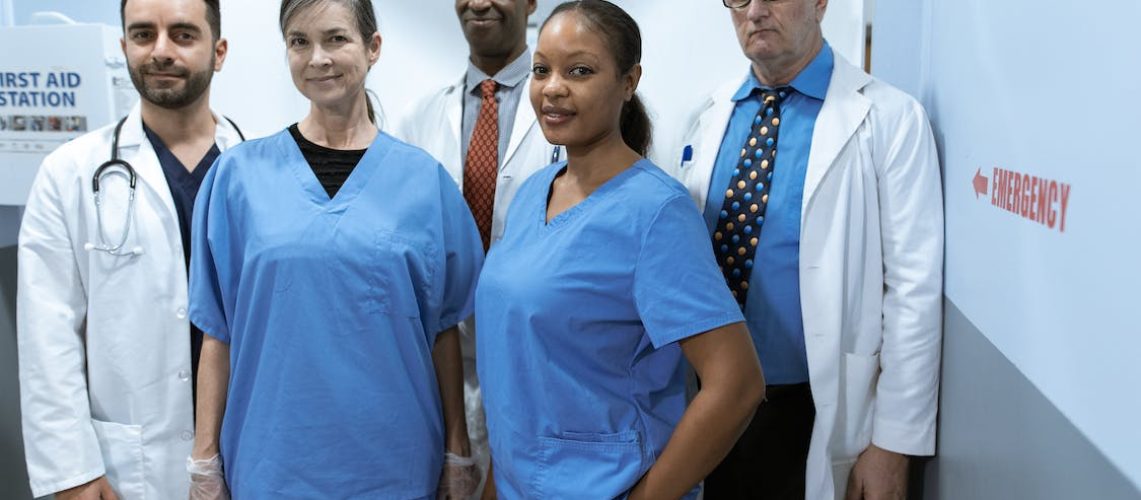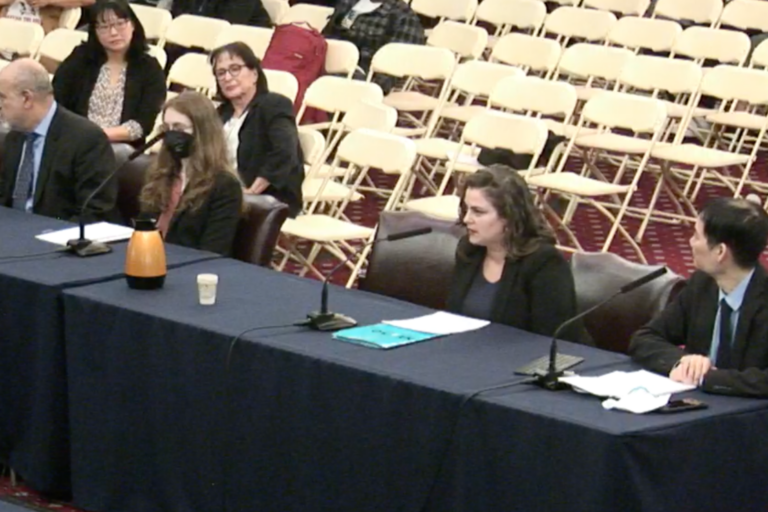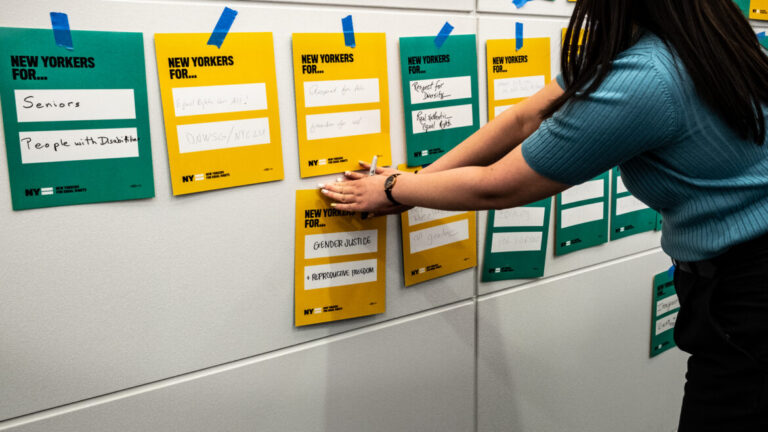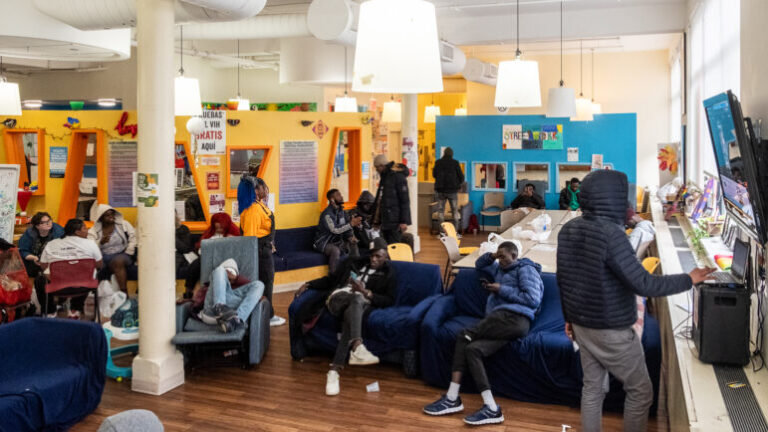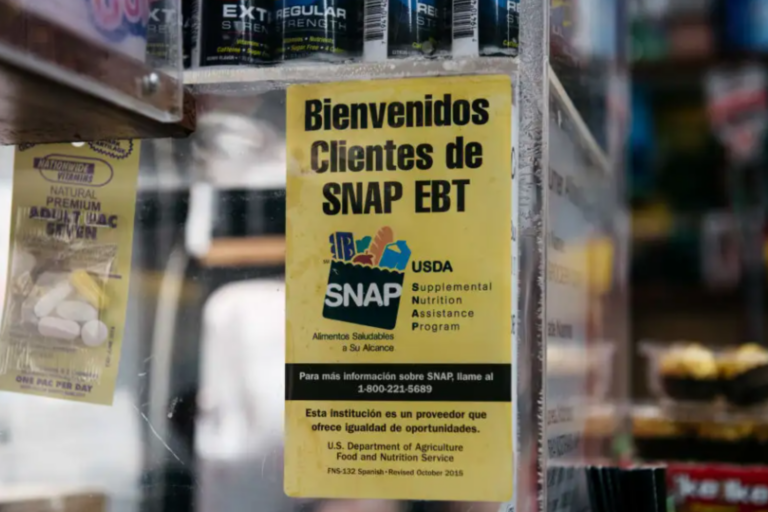Crain’s Health Pulse
By Maya Kaufman and J.O.
Mount Sinai is partnering with insurer Healthfirst to identify patients likely to need legal assistance for challenges including housing insecurity, immigration issues and domestic violence, and to connect them with an attorney for free. Leaders of the program say it’s an effort to better address
how non-health factors in patients’ lives can affect their health outcomes.
“Once you remove the legal barriers, the legal issues, they’re able to focus on their health care and have a healthier life,” said Allison Charney, executive director at the Mount Sinai Medical Legal
Partnership.
Mount Sinai already offers legal services to patients, but it’s usually up to patients to request help. The new program differs because it uses data and information from providers to flag patients who might need legal help before they ask for it, according to Mount Sinai and Healthfirst. Then lawyers
can intervene before patients face more drastic consequences such as eviction.
The launch comes after a 12-month pilot that began in February 2020. The pilot identified more than 1,900 patients with a potentially unaddressed legal need. After screening patients and asking for their consent to participate, 157 of them received legal assistance from the New York Legal Assistance Group’s LegalHealth unit for 264 matters.
Around 41% of the legal issues in the pilot involved housing. Patients received help navigating housing court as well as with issues in their apartment such as mold and rodents. About a third of the issues involved help with patient incomes, such as managing disability or other benefits, paying child support or an inability to receive sick pay.
“Stable health requires quite a bit of stability in one’s personal life, housing, employment and family,” said Dr. Susan Beane, executive medical director at Healthfirst Partnerships. “When those factors are disrupted, the literature is pretty clear that there’s an impact on the trajectory of health.”
The data-driven approach uses indicators from the patient’s health records to predict which patients are likely to need legal help, and that information is combined with information from in-person visits from providers.
“Part of the reason that we involve data is that there are people who are only identified through subtle signals,” Beane said. “Often the social determinants of health are like that.”
The program has received funding from Healthfirst as well as in-kind contributions from its partners.
Originally published in Crain’s Health Pulse on August 10

